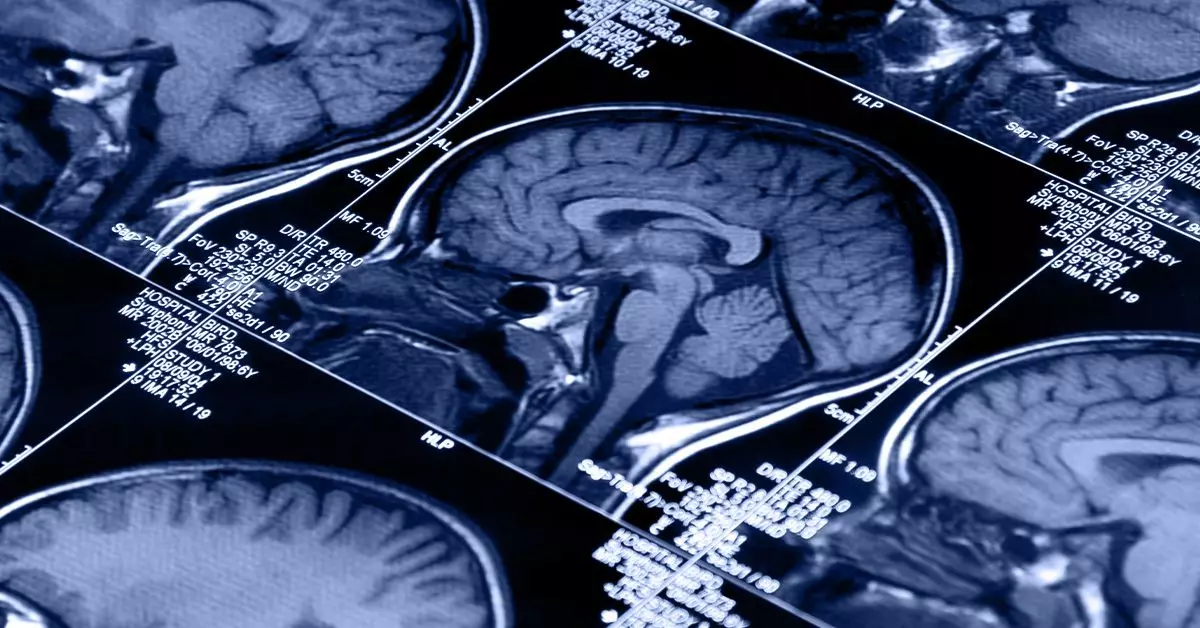In the vast field of psychological and neurological disorders, terms like Attention Deficit Hyperactivity Disorder (ADHD) resonate with both professionals and the general public. Recently, a lesser-known term has surfaced: Temporal Lobe Attention Deficit Disorder (ADD). Proponents of this concept claim it as a specific subtype of ADHD, asserting that it involves distinct difficulties with learning, memory, and emotional regulation tied directly to the functioning of the temporal lobe. However, the lack of scientific validation and the redundancy of symptoms in the broader ADHD spectrum raise essential questions about the legitimacy and necessity of this purported disorder.
It’s crucial to understand that the term “ADD” itself is largely outdated. Today, the psychological community uses ADHD as an umbrella term to encompass various manifestations of attention deficits and hyperactivity. The idea of subdividing ADHD into multiple forms, including the controversial temporal lobe ADD, does not garner consensus within the scientific community. Despite the claims of certain clinics and practitioners who insist on the unique features of temporal lobe ADD, there is scant evidence to support its existence, much less treatments tailored specifically for it.
Understanding ADHD: A Complex Condition
ADHD is well established in the realm of cognitive and behavioral health as a condition rooted in neurological development. The brain structures, including but not limited to the temporal lobe, are complex networks that affect attention and emotional regulation from an early age. Researchers have established that ADHD symptoms can manifest in various ways, and while changes in the temporal lobe may be observed in individuals with ADHD, this does not necessitate the identification of a separate subtype.
In 2020, an exploratory study examined the structural changes in the temporal lobe among a small group of boys diagnosed with ADHD, leading to claims of a potential connection between ADHD and the temporal lobe’s functionality. However, this research was limited in scope and did not provide conclusive evidence specific to a distinct disorder. Instead, findings drew a more generalized picture of ADHD and how it potentially influences brain structure rather than highlighting a unique categorization.
Debunking the Myths: Symptoms, Causes, and Misconceptions
Proponents of temporal lobe ADD often list symptoms like memory deficits, irritability, and emotional sensitivity. It is essential to highlight that these attributes are not exclusive to this supposed condition; rather, they are characteristic of ADHD as a whole. Memory challenges and emotional dysregulation are explicitly recognized features of ADHD and can coexist with various illnesses such as anxiety and depression. The conflation of these symptoms with the emergence of a distinct disorder is misleading and could divert patients from receiving appropriate mental health resources.
Furthermore, claims regarding the causes of temporal lobe ADD often stem from a mix of conjecture rather than empirical evidence. While it is firmly established that genetics play a key role in the development of ADHD, the idea that factors such as processed foods, video games, or environmental toxins are direct causes of ADHD or its alleged sub-types remains unsubstantiated. The Attention Deficit Disorder Association (ADDA) has consistently cautioned against attributing responsibility to lifestyle factors while acknowledging their relationship with attention deficits can often be overstated.
A Dangerous Trend: Misinformation in Mental Health
One of the most concerning aspects of the temporal lobe ADD narrative is the misinformation perpetuated by certain clinics and practitioners. With such claims come the risk of individuals exploring unproven treatments—ranging from dietary changes to herbal supplements—that may not only lack efficacy but could also endanger those seeking help. Those with ADHD or symptoms of severe emotional distress require tailored treatments founded on validated research and professional mental health support, not speculative remedies that could aggravate their condition.
Consideration of serious mental health symptoms—like severe anxiety, depression, or self-harm—is paramount. Those experiencing these symptoms need professional intervention from qualified mental health practitioners, not misguided attempts at remedial solutions. Recognizing when to seek assistance is vital, especially when the risks are high.
A Call for Clarity in ADHD Awareness
The landscape of cognition and behavior is intricate, demanding a nuanced understanding of various conditions and their symptoms. As mental health awareness grows, the emergence of informal terms like temporal lobe ADD can muddy the waters, causing confusion among those who are genuinely struggling. Mental health is not a one-size-fits-all narrative; clear, scientifically backed information should be the priority for both practitioners and patients alike.
In essence, the continued dialogue about ADHD needs to focus on what current research reveals rather than allowing outdated notions or speculative subtypes to detract from genuine conversations about treatment and support. To those searching for clarity regarding ADHD or its manifestations, a conversation with a qualified doctor or mental health professional should always be the first step toward understanding and management.

